Actually solved this by selecting Generic iOS Device when building instead of a simulator device.
Edit: I should mention, in Xcode 10.
Edit 2: I'll post my universal framework script
set -e
######################
# Options
######################
REVEAL_ARCHIVE_IN_FINDER=true
FRAMEWORK_NAME="${PROJECT_NAME}"
SIMULATOR_LIBRARY_PATH="${BUILD_DIR}/${CONFIGURATION}-iphonesimulator/${FRAMEWORK_NAME}.framework"
DEVICE_LIBRARY_PATH="${BUILD_DIR}/${CONFIGURATION}-iphoneos/${FRAMEWORK_NAME}.framework"
UNIVERSAL_LIBRARY_DIR="${BUILD_DIR}/${CONFIGURATION}-iphoneuniversal"
FRAMEWORK="${UNIVERSAL_LIBRARY_DIR}/${FRAMEWORK_NAME}.framework"
######################
# Build Frameworks
######################
xcodebuild -project ${PROJECT_FILE_PATH} -scheme ${PROJECT_NAME} -sdk iphonesimulator -configuration ${CONFIGURATION} clean build CONFIGURATION_BUILD_DIR=${BUILD_DIR}/${CONFIGURATION}-iphonesimulator 2>&1
xcodebuild -project ${PROJECT_FILE_PATH} -scheme ${PROJECT_NAME} -sdk iphoneos -configuration ${CONFIGURATION} clean build CONFIGURATION_BUILD_DIR=${BUILD_DIR}/${CONFIGURATION}-iphoneos 2>&1
######################
# Create directory for universal
######################
rm -rf "${UNIVERSAL_LIBRARY_DIR}"
mkdir "${UNIVERSAL_LIBRARY_DIR}"
mkdir "${FRAMEWORK}"
######################
# Copy files Framework
######################
cp -r "${DEVICE_LIBRARY_PATH}/." "${FRAMEWORK}"
######################
# Make an universal binary
######################
lipo "${SIMULATOR_LIBRARY_PATH}/${FRAMEWORK_NAME}" "${DEVICE_LIBRARY_PATH}/${FRAMEWORK_NAME}" -create -output "${FRAMEWORK}/${FRAMEWORK_NAME}" | echo
# For Swift framework, Swiftmodule needs to be copied in the universal framework
if [ -d "${SIMULATOR_LIBRARY_PATH}/Modules/${FRAMEWORK_NAME}.swiftmodule/" ]; then
cp -f ${SIMULATOR_LIBRARY_PATH}/Modules/${FRAMEWORK_NAME}.swiftmodule/* "${FRAMEWORK}/Modules/${FRAMEWORK_NAME}.swiftmodule/" | echo
fi
if [ -d "${DEVICE_LIBRARY_PATH}/Modules/${FRAMEWORK_NAME}.swiftmodule/" ]; then
cp -f ${DEVICE_LIBRARY_PATH}/Modules/${FRAMEWORK_NAME}.swiftmodule/* "${FRAMEWORK}/Modules/${FRAMEWORK_NAME}.swiftmodule/" | echo
fi
######################
# On Release, copy the result to release directory
######################
OUTPUT_DIR="${PROJECT_DIR}/Output/${FRAMEWORK_NAME}-${CONFIGURATION}-iphoneuniversal/"
rm -rf "$OUTPUT_DIR"
mkdir -p "$OUTPUT_DIR"
cp -r "${FRAMEWORK}" "$OUTPUT_DIR"
if [ ${REVEAL_ARCHIVE_IN_FINDER} = true ]; then
open "${OUTPUT_DIR}/"
fi


